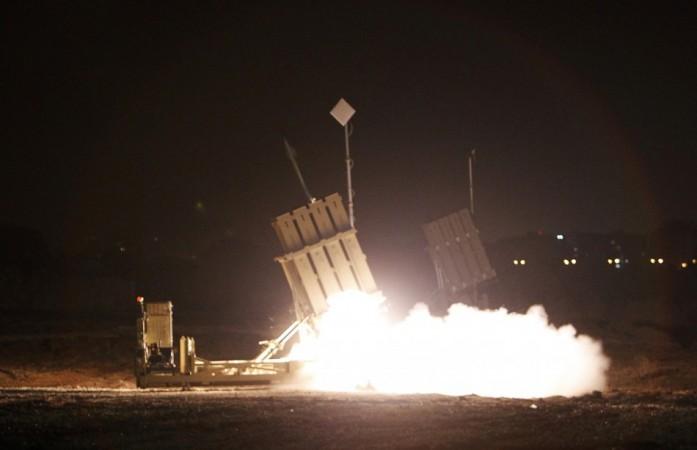
Cyber-attackers believed to be working for the Chinese military have stolen the blueprints for Israel's sophisticated Iron Dome missile defence system, cyber security experts have reported.
Over a 22-month period, large quantities of documents and data related to the pioneering anti-missile system were stolen from three leading Israeli defence technology companies, Intelligence firm Cyber Engineering Services Inc. (CyberESI) told journalist Brian Krebs.
According to a CyberESI report, hackers first targeted the three companies - the Elisra Group, Israel Aerospace Industries and Rafael Advanced Defense Systems - in October 2011, through email phishing attacks.
Once they had breached the companies' security systems, attackers exfiltrated all sorts of documents, from the text of emails sent by a CEO to PowerPoint presentations containing information relating to Iron Dome and other sophisticated ballistic projects such as the Arrow III missile.
CyberESI claimed the attacks originated from China and bore the hallmarks of a group of cyber-spies known as the 'Comment Crew'.
The Beijing-sponsored hacking group rose to dubious fame earlier this year as the US government charged five of its alleged members.
The five, who were all Chinese military officials, were accused of computer hacking, economic espionage and other offences directed at six American companies involved in the nuclear power, metals and solar products industries.
The charges followed a 2013 report by security company Mandiant, which detailed a seven-year campaign of cyber-espionage against 141 companies, most of them located in the US.
The CyberESI report revealed Israeli military secrets were also of the Comment Crew's taste.
According to the intelligence firm, more than 700 files, totalling 762MB, were stolen from Israel Aerospace Industries only. The last attack was reported in August 2012.
Iron Dome has been credited with keeping Israeli cities safe by intercepting rockets fired at urban areas.
Subsidised by the US, the anti-missile programme cost a total of $1bn, according to the Economist, and has been largely used during the ongoing conflict that has seen militants in Gaza firing some 2,500 rockets at Israel.















